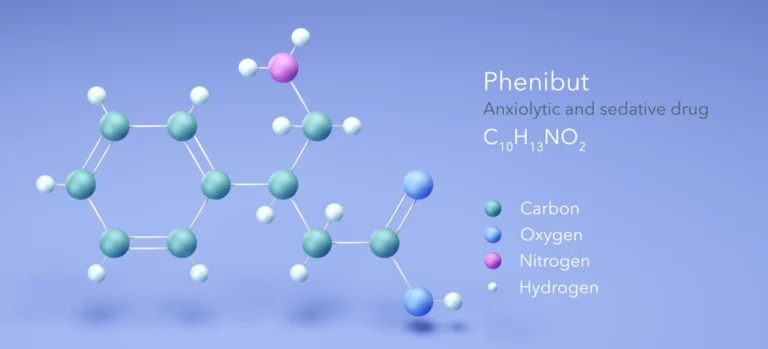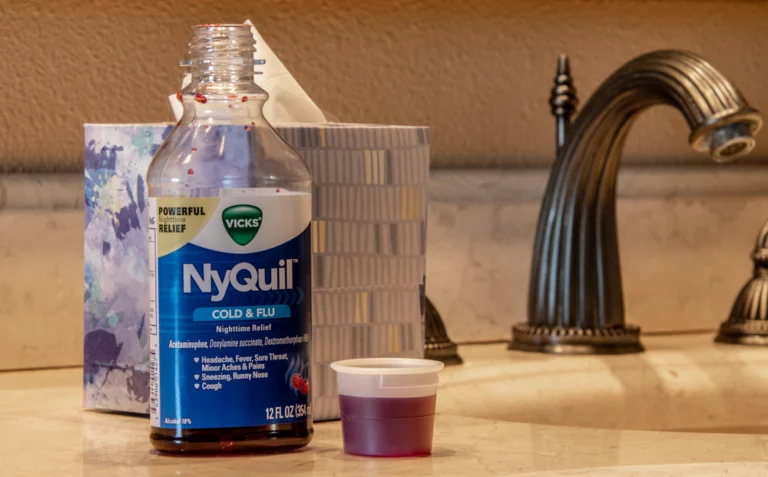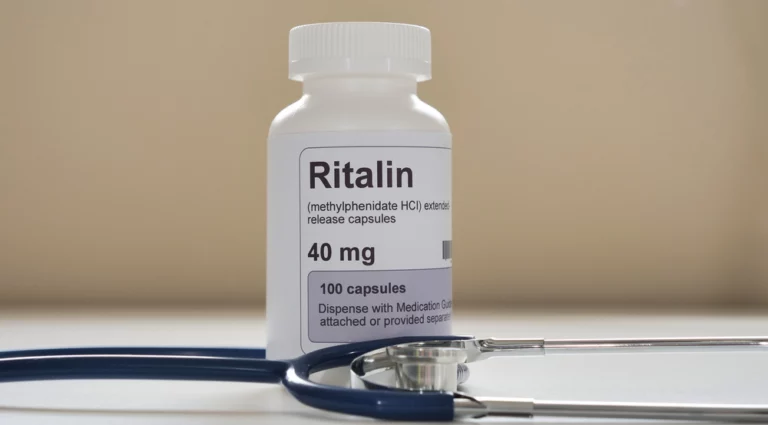Drinking before and during work isn’t a new trend, and it can subtly slip into someone’s morning routine if they’re not careful. Many people use alcohol to relax and kick back after a long day at work, but sometimes, their workload can increase, their motivation can decrease, and the stress can get to them. Eventually, drinking a mini bottle of liquor in the car before your shift can turn into sneaking liquor into a reusable water bottle and actively taking sips while you work.
This article discusses drinking before work, if it’s a sign of alcohol use disorder, the personal and social costs of drinking on the job, and more.
Are You Drinking Before Or During Work?
If you’ve heard the saying “Hair of the dog that bit you,” you probably know the urban legend that drinking the next morning after a night out will prevent or ease a hangover. But what if you work in the morning the next day? Will you still drink before you go in? Not everyone can handle alcohol in their stomach so early in the morning, but others who work in the afternoon or evening may not find it challenging to have a shot before or during their shift, especially if they’re already surrounded by alcohol. Already surrounded by unsupervised beer, wine, and liquor, bartenders have some of the highest drinking rates on the job and increased chances of alcohol-related deaths.
It can be easy to fall into the trap of thinking alcohol will improve your creativity, performance, or productivity while working. If you’re friends or family tell you you’re fun when you drink, you might be convinced your coworkers will think so too. If you’re drinking every time before work or between shifts, your weekly drinks could be steadily increasing to dangerous amounts.
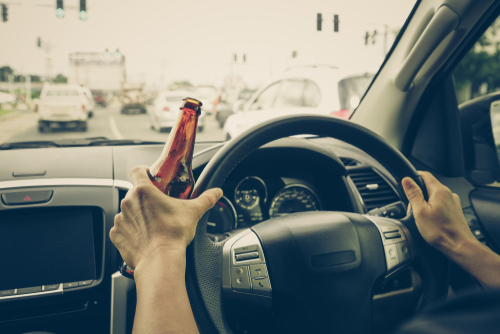
Sings Of Alcohol Use Disorder
It’s normal to be concerned about your or someone else’s excessive drinking habits, and it’s better to recognize a bad habit before it turns into dependence. If you find yourself needing to drink before or during work to function, it may have already developed. But it’s not too late to spot the signs of alcohol use disorder and make the necessary changes.
- Obsession and loss of control: Perhaps you can’t mentally or physically wait until you go to work, knowing you’ll be able to drink. Drinking before or during work might become the only thing you worry about throughout the day, and your original “one drink” before work has become four, five, or more.
- Social withdrawal: If you work in a social environment, you might become distant around your coworkers, employees, or supervisors.
- Increased tolerance: Over time, the amount of alcohol you need to drink to feel the same effects can slowly increase until it takes three drinks to feel the same as one.
- Blackouts: If you’re drinking on the job and forgetting parts of your day, chances are your drinking problem has become physically dangerous. If you drive vehicles or operate machinery for work, don’t risk passing out and potentially causing an accident or injury.
- Deception: If you’re sneaking alcohol into work, you may think it’s because they wouldn’t tolerate drinking on the job (which they probably don’t). But your focus can switch from being productive to ensuring no one sees you throw back a shot in the bathroom.
- Hidden stashes or stealing: If you can’t carry alcohol on you while you work, do you have a hidden stash somewhere? If you work in the service industry, are you sipping on a less-ordered liquor bottle?
- Mood swings and loss of interest: Are your emotions at work sporadic? Are coworkers unsure of how you’ll act around them? If you used to find excitement in your work but can only achieve the same feelings when you’re buzzed or drunk, it’s time to reevaluate some choices.
- Neglecting appearance: Drinking can lower your inhibitions, and you might start neglecting your appearance before you go to work as long as you’ve had your drink.
- Withdrawal Symptoms: If you’ve tried to cut back on drinking before or during work, and you notice headaches, nausea, dizziness, and other common alcohol withdrawal symptoms, chances you developed a dependence.
Read more: Recognizing 10 Signs of a Functioning Alcoholic
Cost Of Drinking On The Job
Drinking on the job has mental, physical, and financial costs that can blend and contribute to each other.
- Mental health cost: Drinking on the job can cause you to lose your job, company benefits, and a stable income, resulting in a loss of peace of mind and stability. Your relationships with coworkers, especially those you’ve formed friendships with, can suffer due to alcohol-related issues. One of the biggest symptoms of alcohol use disorder is depression and anxiety, manifesting as losing interest in your work, career goals, or personal responsibilities. Your mental health might even suffer outside of work when you’re not drinking, which can lead to full-time alcohol consumption to stay motivated.
- Physical health cost: Alcohol can damage your liver, gut health, stomach, kidneys, and other important organs. It can also impact your brain health and cognitive abilities, leading to slower response times, difficulty concentrating, and poor decisions. Under the influence while operating heavy machinery or dangerous equipment can lead to accidents, injuries, lawsuits, termination, and harm to others.
- Financial cost of drinking on the job: Alcohol abuse incurs an annual cost of $249 billion in the United States, leading to reduced workplace productivity, healthcare expenses, law enforcement costs, and motor vehicle crash expenses related to alcohol consumption. Alcohol-related issues at work, such as absenteeism, health complications, and on-the-job injuries, contribute to overall productivity losses. Alcohol use on the job can impact an entire workplace, including supervisors, coworkers, and project team members.
Read more: How To Quit Drinking Cold Turkey

Is An Employee Or Coworker Drinking At Work?
As mentioned, drinking on the job affects more than just one employee. Spotting signs of a potential drinking problem can vary from person to person. Some individuals keep their alcohol consumption hidden, drinking only in private. Others may not even realize they have an issue until a family member or friend addresses it with them honestly. Here are several ways employers or colleagues can identify if an employee is under the influence:
- Physical Signs: They may appear hungover or still intoxicated, with bloodshot or glossy eyes, slow pupil response, and lack of coordination.
- Work Performance: An affected employee may struggle to complete work assignments and display a significant decrease in productivity.
- Behavioral Changes: They might start sweating heavily, slurring their speech, or becoming nauseous and pale.
Important: If you’re concerned about a coworker or employee’s drinking habits, it’s important to approach them first and ask how they’re doing. If it’s a coworker or friend you care about, chances are you don’t want them to lose their job. You just want to help them recognize the path they’re going down and get the help they need.
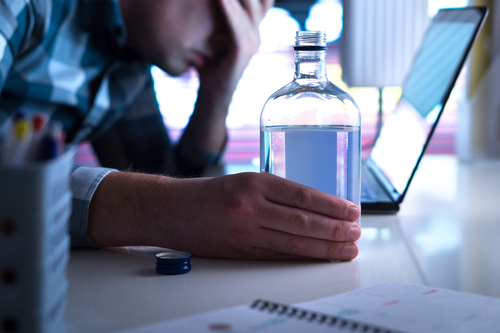
Help Is Available
Among full-time American workers, around 65 percent of 18 and older admit to drinking, while only 53 percent of unemployed adults consume alcohol. SAMHSA reported that 76% of heavy drinkers are employed, and they may be drinking before or during work due to:
- Demanding or difficult workloads, work hours, and supervisors.
- Verbally abusive or toxic coworkers.
- Unfair or low-paying wages.
- Being passed over for raises or promotions.
- Deadlines, negative performance reviews, or major deadlines.
If you’re employed and you want to step away to get the help you need, there are resources and laws that support your positive decision. The Americans with Disabilities Act (ADA) has laws protecting individuals with alcohol use disorder. But you must request a leave of absence to enter an addiction treatment program, and you can still be terminated if you’re caught drinking on the job or breaking company policies. We recommend looking into your company’s illicit substances, workplace policies, and local state and county laws.
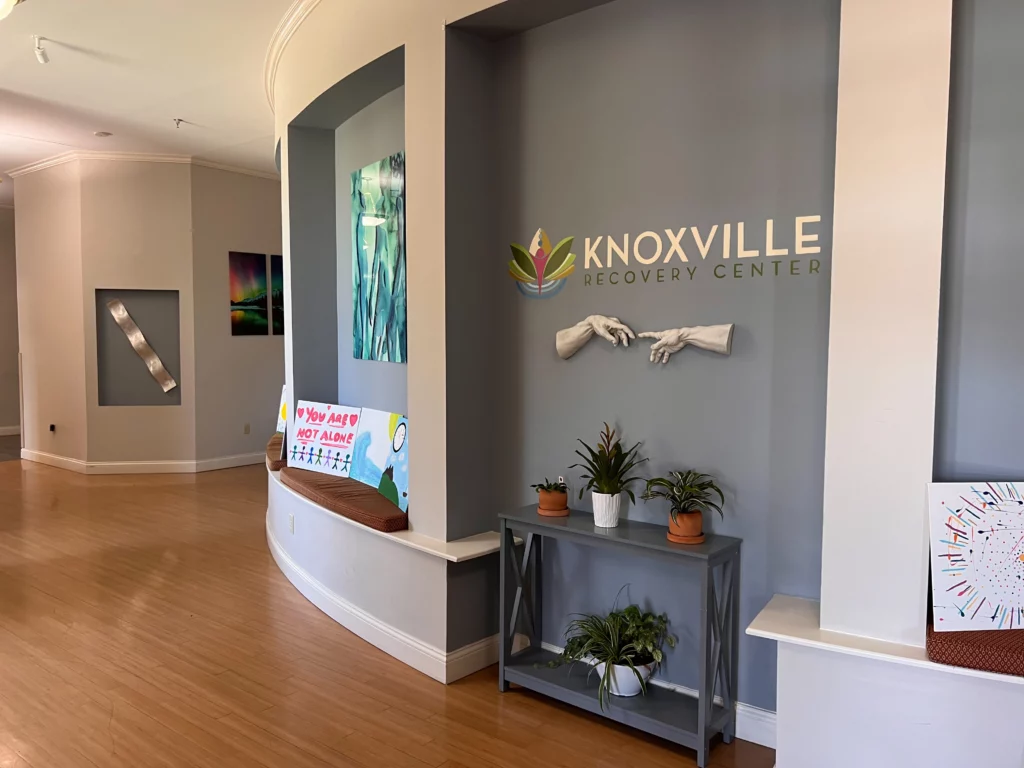
Contact Knoxville Recovery Center
If you or someone you know is drinking before or during work, contact Knoxville Recovery Center. Our addiction treatment program can help you overcome alcohol addiction and get back to your peak performance and wellness. Alcohol use disorder isn’t something you should be afraid to talk about, and raising awareness can motivate a coworker who’s unsure if they need help. Call today, send our URL to a friend, or save this article for the next time you feel the urge to drink before work. Recovery and wellness start with you.



